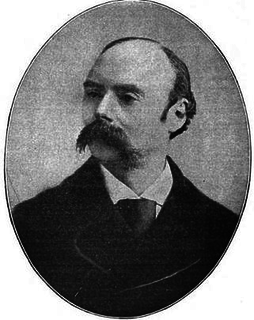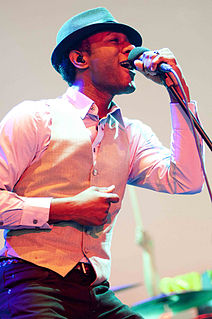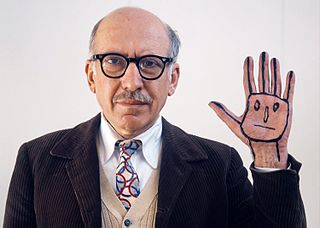A Quote by Karen Traviss
My books deliberately provide no answers or messages. I'm drilled in the habit of objectivity and also aware that the steady drip of fiction has more power than facts to shape opinion, so I handle it with caution.
Related Quotes
To read well, that is, to read true books in a true spirit, is a noble exercise, and one that will tax the reader more than any exercise which the customs of the day esteem. It requires a training such as the athletes underwent, the steady intention almost of the whole life to this object. Books must be read as deliberately and reservedly as they were written.
With nonfiction, I had to learn how to be a clear communicator, but it was also a relief to be able to articulate some of my political ideas and beliefs. I also try to do that in my fiction, but I'm more interested in asking questions that lead to more questions, mysteries that lead to more mysteries, rather than immediate answers and solutions.
I can assure the conspiracy theorists who have very effectively savaged [Gerald] Posner in their books that they're going to have a much, much more difficult time with me. As a trial lawyer in front of a jury and an author of true-crime books, credibility has always meant everything to me. My only master and my only mistress are the facts and objectivity. I have no others.
To no circumstance is the wide diffusion of error in the world more owing than to our habit of adopting conclusions from insufficiently established data. An indispensable preliminary, then, in every investigation, is to get at facts. Until these are arrived at, every opinion, theory, or system, however ingeniously framed, must necessarily rest upon an uncertain basis.
There has been no clearer principle of English or American constitutional law than that, in criminal cases, it is not only the power and duty of juries to judge what are the facts, what is the law, and what is the moral intent of the accused; but that it is also their power, and their primary and paramount duty, to judge the justice of the law, and to hold all laws invalid, that are, in their opinion, unjust or oppressive, and find all persons guiltless in violating, or resisting the execution of, such laws.

































